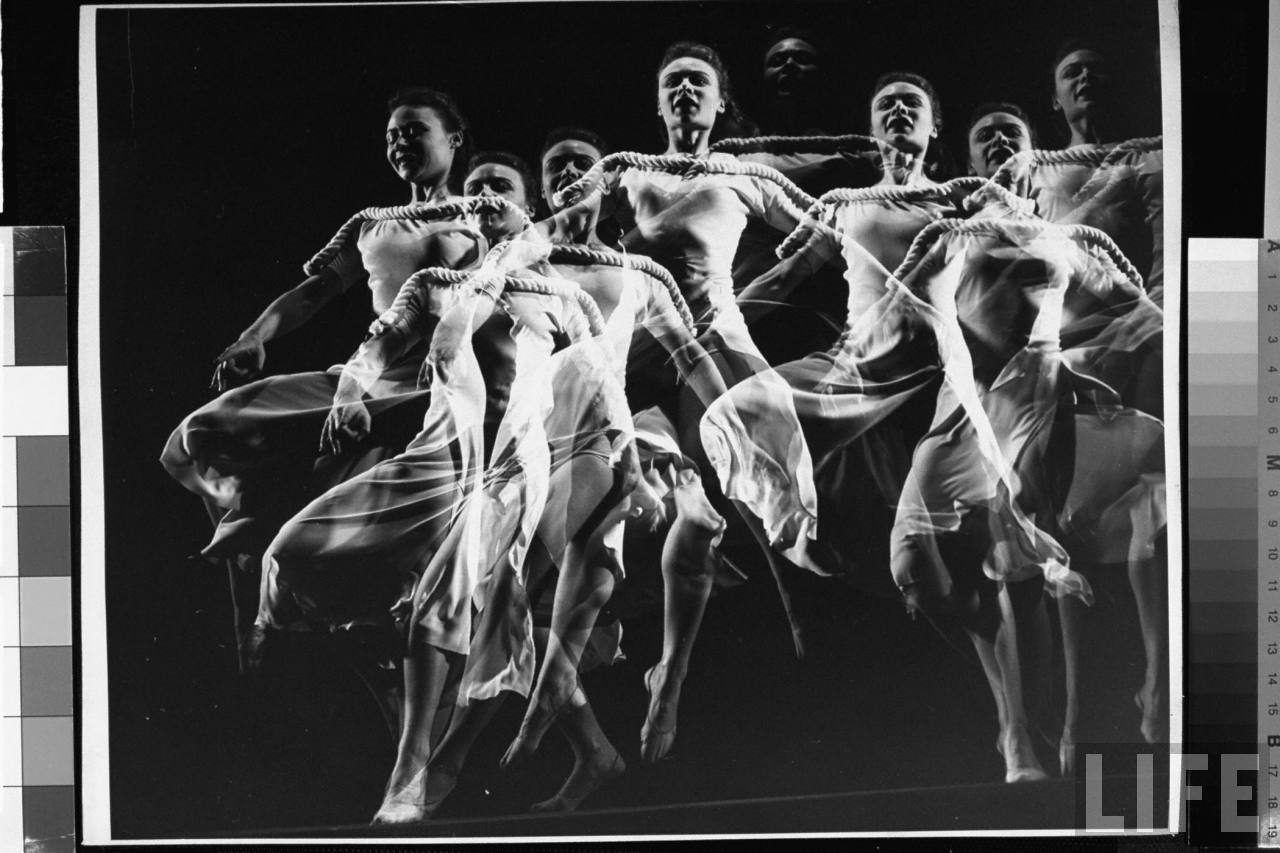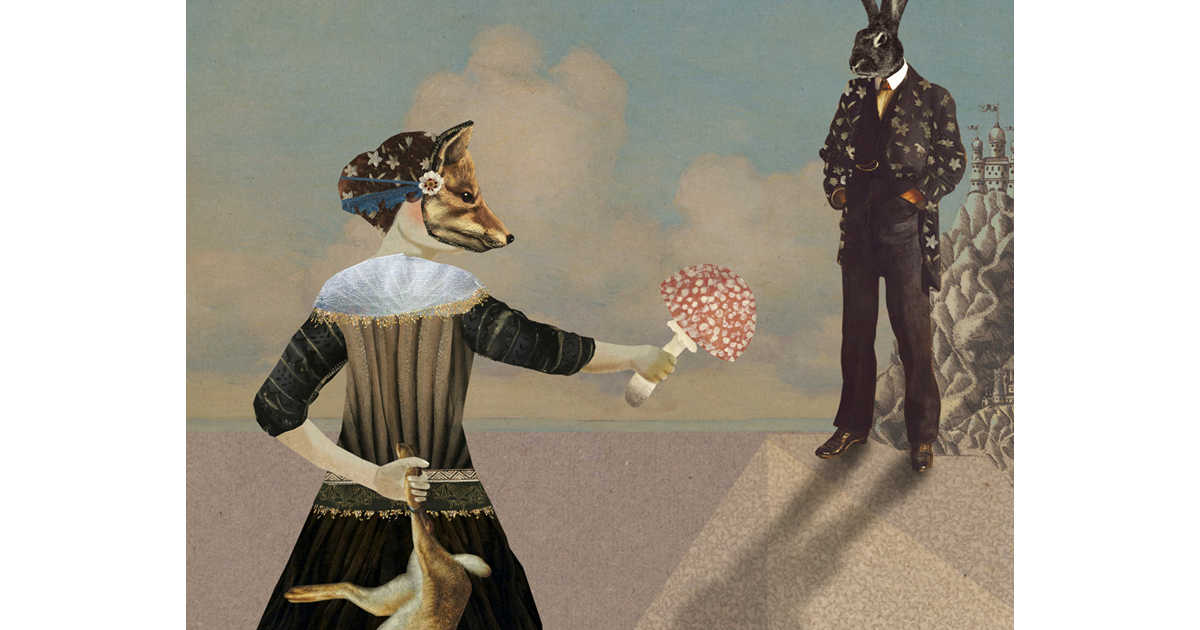“The limits of my language means the limits of my world.” Ludwig Wittgenstein
My 8 year old grandkids have limits to their language, but when asked profound questions they come up with surprisingly expansive views of the world. In response to the question, What does God mean to you?” my granddaughter said “it’s like a peacock – a majestic being that spreads beauty in the world.” My grandson replied, “it’s a muggle-made myth.” If you are familiar with Harry Potter novels, you will know that muggles are ordinary people who live without any magic in their lives.
To me, both of those images resonate. The first is an emotional/spiritual response to the world and the second is an intellectual one. The first represents a new age sentiment, and the second captures fairly succinctly the works of the four horsemen: Hitchens, Harris, Dawkins, and Dennett. Both answers reflect deeply intuitive beliefs from independent individuals. Neither has any evidence to support his or her particular belief, but they both feel strongly that their view represents the truth.
In fairness, when it comes to religious beliefs, we all lack evidence. Indeed, billions of people buy into one of many competing salvation packages seductively promoted by religions around the world with no verifiable evidence for their claims. This is not to say that people can’t have religious or spiritual experiences that are magical and beautiful. I, for one, experience magic and beauty in my meditation everyday.
As it turns out, I just finished the book The Righteous Mind – Why Good People are divided by politics and religion by Jonathon Haidt, a professor of moral psychology at the University of Virginia. Haidt reviews the literature from Plato to present day and concludes that people are fundamentally intuitive, not rational. Haidt sets out to destroy the modern faith in reason. He suggests, from an evolutionary perspective, we were never designed to listen to reason. When people are asked moral questions, they decide quickly from their guts and generate reasons later to justify their decisions in their heads. e He
Daniel Kahneman, a Nobel Prize winning psychologist from Princeton, also says that people are more likely to look for stories to support their beliefs than they are to seek evidence in the search for truth. Haidt argues, as Kahneman, that it’s not that people don’t reason – they simply limit their reasoning to justify their judgments independent of the weight of evidence demolishing their arguments.
Haidt does not stop with his conclusion that feelings trump facts any day. He goes on to suggest that we are also more inclined, particularly in the West, to be more driven by selfish individual needs than by altruistic community needs. We are primarily motivated by survival instincts to look out for ourselves The challenge for us humans and our tribes and cultures is to open our minds and our hearts to missions beyond ourselves.
Our twin tasks as individuals and as members of communities, therefore, are 1) to take the time and make the effort to get beyond our initial intuitions by being open to opening to new and old data, and 2) to develop a shared purpose and values that will inspire us to rise above our selfish genes. The internet makes these goals more difficult because it not only targets our bubbles but also constantly reinforces the beliefs within those bubbles. Social media also serves to atomize instead of universalize making it more difficult to see the big picture, develop a balanced perspective, and serve the common good.
These tasks play out in our daily lives on multiple levels. On a national level, the current President exemplifies intuitive individualism. He truly believes that his instincts don’t require analysis, reflection, or scientific verification; and his actions tend to be unilateral impulses designed to satisfy selfish motives. When his instincts and actions contributed to over 215,000 deaths, those of us on the left have to resist the glee we feel that he finally suffered some personal consequences for his behaviors. In a recent Stone article in the New York Times, Sasha Mudd discusses “What Moral Philosophy Tells Us About our Reactions to Trump’s Illness.” Dr. Mudd argues that the impulse to wish harm on others may occur naturally (intuitive feelings), but that doesn’t make it right. Here’s the link to the article. (https://www.nytimes.com/2020/10/09/opinion/trump-covid-schadenfreude-ethics.html?searchResultPosition=1)
On an individual level, we are constantly confronting situations in which we have to grapple with our feelings and values. When I react in anger to any perceived unfairness or lack of care, I can easily justify my feelings, words, or actions with a long list of rationalizations. In the gut-clutching moment of any injustice, it’s hard for me to create a balanced perspective that takes into account all points of view and reflects an accurate understanding of cultural context and history.
To deepen my appreciation of history, I read the newsletter Heather Cox Richardson posts practically every day. Dr. Richardson is an American historian and Professor of History at Boston College. She has a Ph.D. from Harvard, has taught at MIT and the University of Massachusetts, and has authored six books. Not a bad source of perspective.
In a recent article on Columbus Day, she summarizes the difficulty of getting past feelings and privatized motives to reach a more complete understanding of the history and cultural context for this National Holiday. Here is an excerpt from that post.
|
If we are going to get an accurate picture of how a society works, historians must examine it honestly. That means seeing the bad as well as the good, because, after all, any human society is going to have both. Sometimes good human actions change society; sometimes bad ones do. George Washington’s heroic refusal to be a king is no truer than his enslavement of other human beings, and both changed our nation in ways that we need to understand if we are to make good decisions about how to take care of our own society. History, though, is different than commemoration. History is about what happened in the past while commemoration is about the present. We put up statues and celebrate holidays to honor figures from the past who embody some quality we admire. But as society changes, the qualities we care about shift. In the 1920s, Columbus mattered to Americans who opposed the Ku Klux Klan because he represented a multicultural society. Now, though, he represents the devastation of America’s indigenous people at the hands of European colonists who brought to North America and South America germs and a fever for gold and God. It is not “radical activism” to want to commemorate a different set of values than we held in the 1920s. What is radical activism, though, is the attempt to skew history to serve a modern-day political narrative. Rejecting an honest account of the past makes it impossible to see accurate patterns. The lessons we learn about how society changes will be false, and the decisions we make based on those false patterns will not be grounded in reality. And a nation grounded in fiction, rather than reality, cannot function. |
Brett Stephens addressed a similar dilemma in a NYT column he wrote related to the differences of opinions surrounding the “founding” of the United States as being either 1619 or 1776. Here is the link to that article.
https://www.nytimes.com/2020/10/09/opinion/nyt-1619-project-criticisms.html
So what do I take away from my interactions with my grand-kids, leading academics, and moral psychologists re: intuitive individualism? It’s pretty simple. Intuitions are good, but have limits. Individualism is good, but has limits. As Wittgenstein says, “The limits of my language means the limits of my world.” I might add that the limits of our understanding also limits our views of the world.
For me, the path forward involves some basic steps and bold commitments:
- Identify our feelings and intuitive inclinations, AND make the effort to dig a little deeper to identify the historical causes and what’s most important to us as individuals. Feelings AND facts usually produce the most accurate views.
- Pursue our individual goals AND contribute to the communities in which we live, learn, love, and work. Solipsism and Selfishness are bad bed partners.
- Acknowledge the negative reactions we have to life events big and small, AND be open to data and possibilities from multiple sources. A balanced perspective and an inspiring vision help all of us move forward together.
Ha! IPA – that’s a beer-worthy conversation. You are invited!
Finally, let’s listen to the voices of our children: be more like peacocks and less like muggles. We could use some more beauty and magic in our lives. May it be so.



May it be so indeed my friend! You continue to amaze!